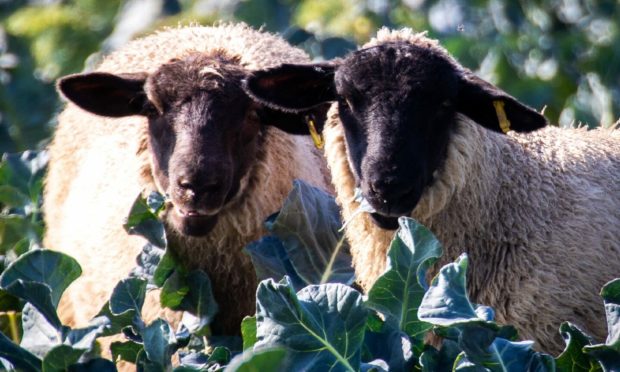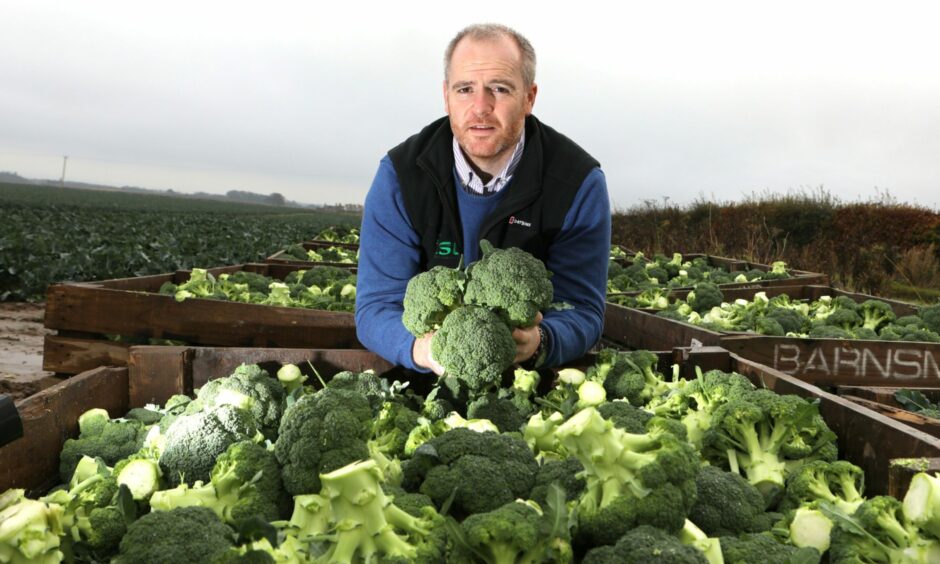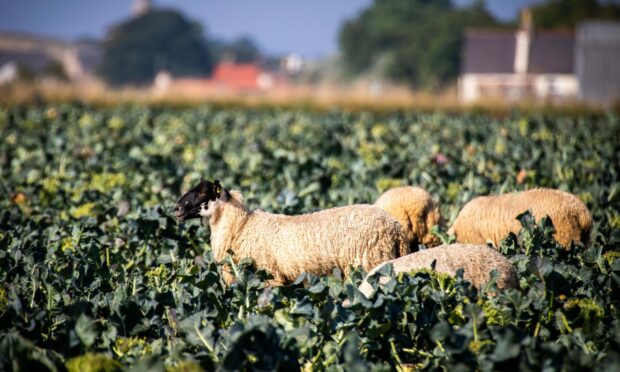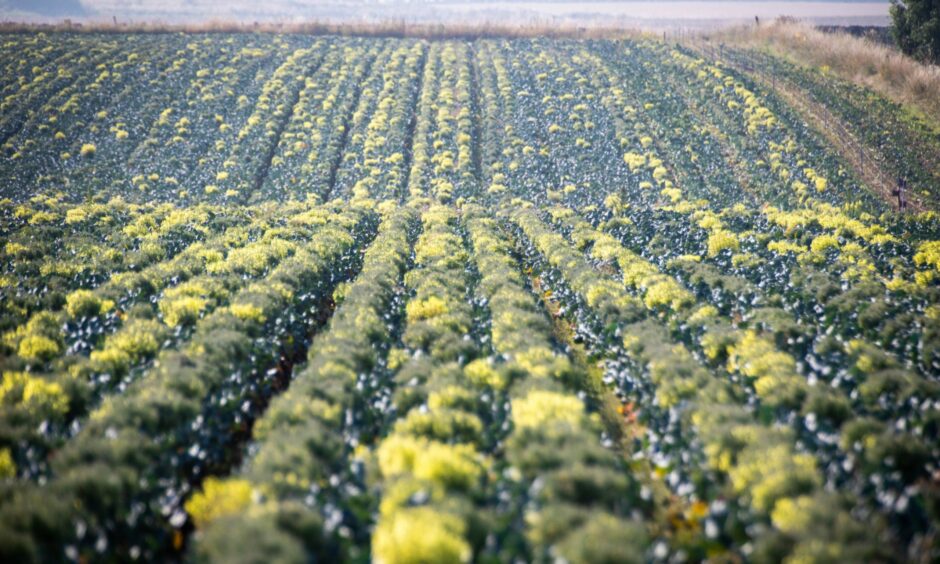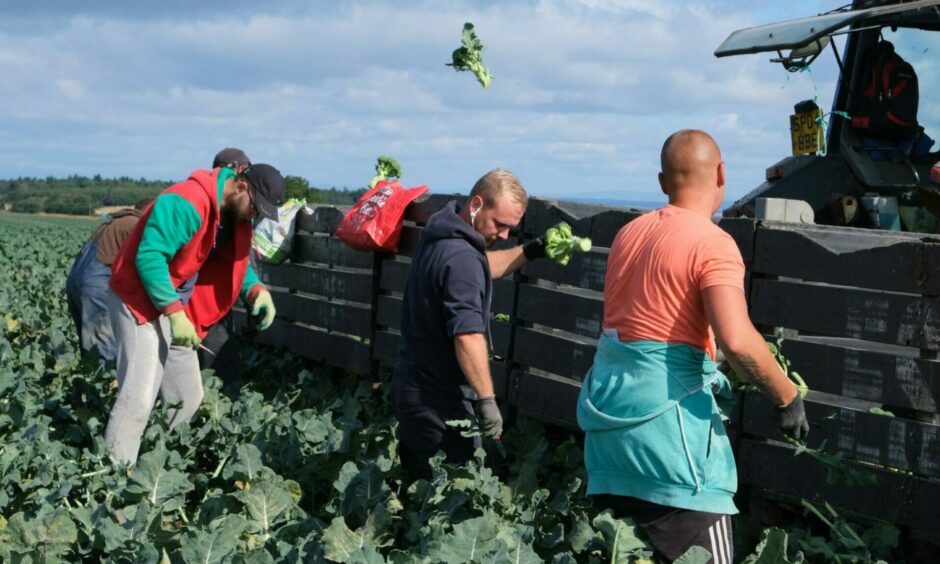Fields of top-quality broccoli are being abandoned for sheep fodder across Fife and Perthshire as labour and haulage shortages cost growers £2 million – with losses increasing by the day.
East of Scotland Growers (ESG), the UK’s biggest brassica producer, has already lost the income from more than 5.5 million heads of broccoli and 1.5 million heads of cauliflower, and the busiest six weeks of the season still lie ahead, with little prospect of any let up in the crisis.
ESG managing director Andrew Faichney said the financial losses are already catastrophic and the co-operative of 15 farmers is now in “disaster containment” mode.
“If the remainder of the season continues like this we’ll have lost 35% of our turnover, and when you work to very low margins of around 5% that impact is disastrous,” he said.
“There’s no recovering the money we’ve lost. We’re just trying to stop it spiralling further down, and that’s a huge challenge as we’re accumulating losses by the day.”
The growers are facing labour shortages in the fields, in pack houses and transport to move the product from farms to processing plants.
The UK’s freezer stores are also full, and ESG has had to secure extra space in Belgium, although nowhere near the required levels.
Mr Faichney warned that the situation is having an impact on farmers’ mental health.
“The daily stresses and strains, coupled to the uncertainty, is having damaging effects on people’s well-being,” he said.
“This, along with the financial damage, will be a determining factor as to the shape of UK fresh produce production in 2022.”
The seeds for next year’s crops are scheduled to be sown in glasshouses next week but growers are hesitating because there’s no guarantee they won’t face the same shortages next year.
Mr Faichney said: “When you’re in the heat of the fire it’s difficult to pick yourself up and think about growing for next year.
“Not every farmer will commit to growing these crops again, and you can’t blame them for that.
“The industry needs to know, and know now, that there will be the ability to recruit an able and willing workforce throughout the supply chain.”
Representations have been made to the UK Government to increase the number of overseas workers permitted to enter the country through the Seasonal Agricultural Workers Scheme (SAWS) so that a supply of farm labour can be guaranteed in 2022.
In a statement last week a UK Government spokesperson said: “We want to see employers make long-term investments in the UK domestic workforce instead of relying on labour from abroad and our Plan for Jobs is helping people across the country retrain, build new skills and get back into work.
“The government encourages all sectors to make employment more attractive to UK domestic workers through offering training, careers options, wage increases and to invest in increased automation technology.”
